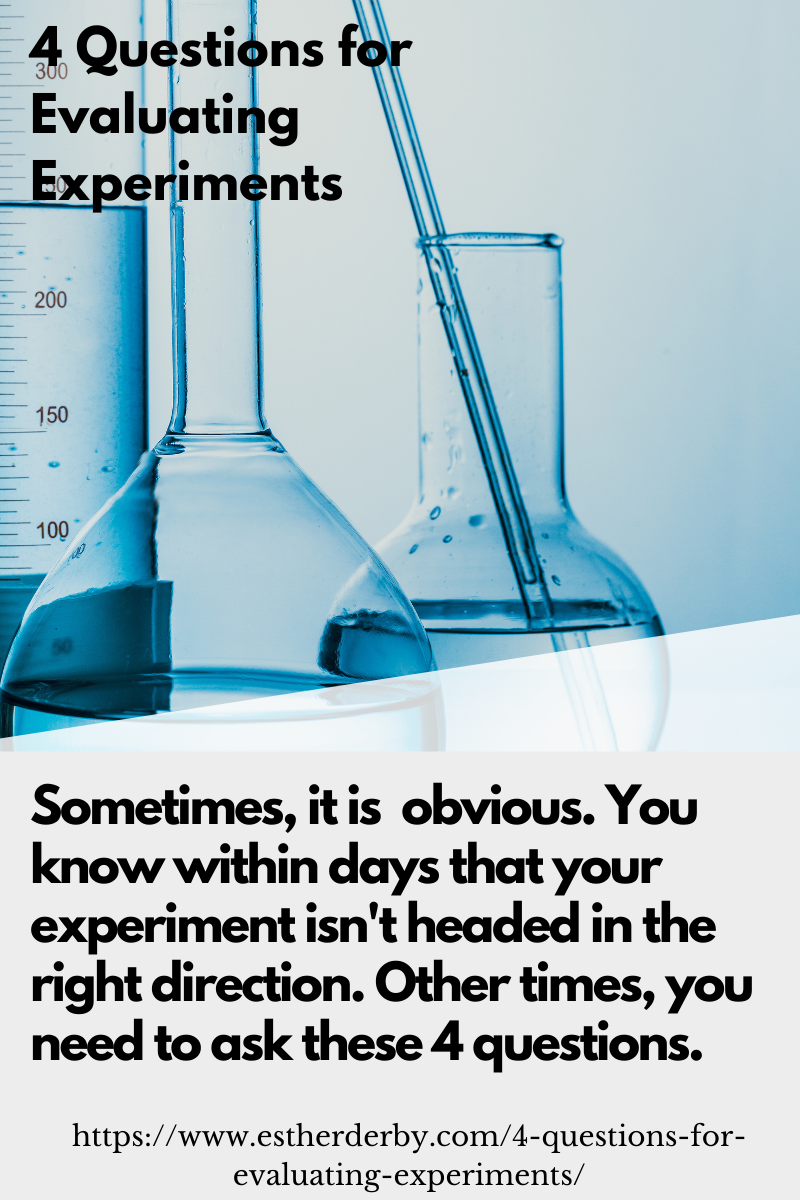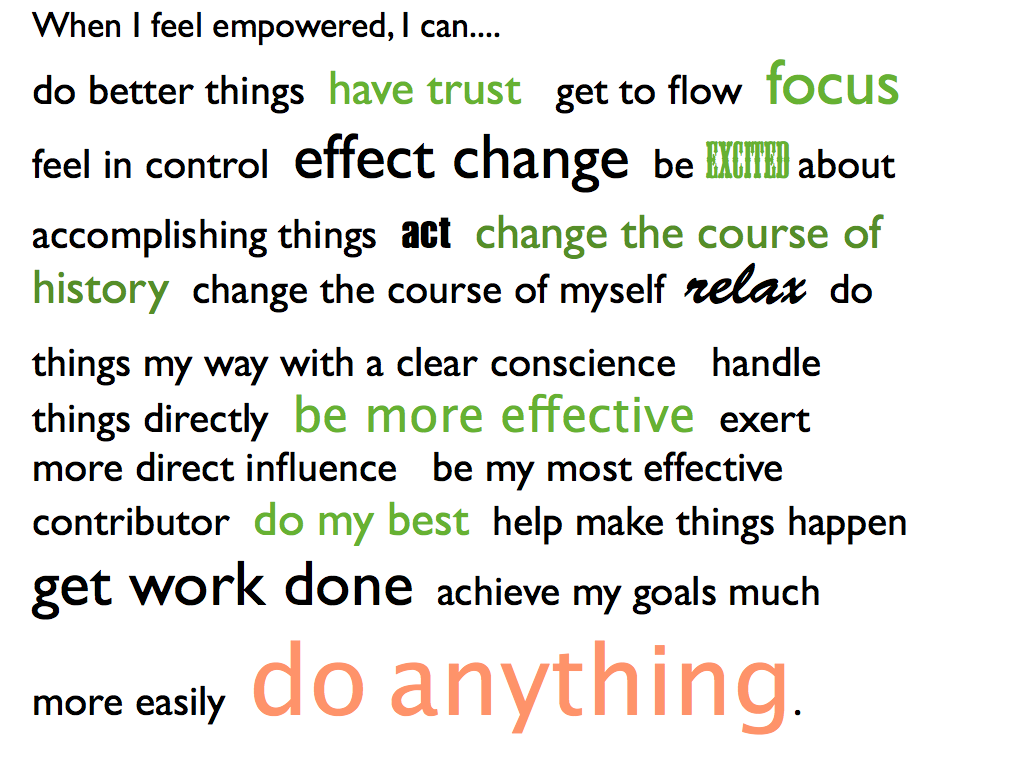Every so often, the Prime Directive comes up on one of the lists I follow. And inevitably someone says something like “I don’t believe everyone is doing the best s/he could. I know I don’t always do the best job I could.”
There are a couple of assumptions behind this statement.
1) I suspect that when people say this they expect that they can always perform at their peak level. And of course, they don’t always perform up to their own (high) expectations. We aren’t machines. Human performance is variable.
Here are some of the reasons a well-intentioned person may not reach their peak performance on any given day.
That’s the stuff people bring with.
The task itself influences whether someone does “his best:”
Physical surroundings affect our performance, too.
And there’s stuff about the working environment and the organizational system:
And skills:
This is the soup we’re all in every day, and it affects the way we perform. My best will look different on a day when I didn’t get enough sleep, I’m coming down with a cold, I’m not that interested in the task or my office is a little chilly, than on a day when I feel great, I like what I’m doing and the thermostat is adjusted correctly.
2) I suspect that when some people balk at the Prime Directive, they have someone in mind who isn’t doing a very good job.
What might cause a person to not do a very good job?
Lots of reasons. And he’s still doing the best he could given those circumstances.
The Prime Directive doesn’t mean that every person’s best is good enough for the job at hand. It doesn’t mean that people who aren’t doing an adequate job should have a job for life. It doesn’t mean that people don’t need feedback, and they don’t need to improve their performance if they want to remain employed.
The Prime Directive says make a generous interpretation. Recognize that people are fallible, and their performance is variable. Don’t blame them. But don’t placate them either. It’s about treating people with respect.
BTW, if you’re not familiar with it, here’s the text for Norm Kerth’s Prime Directive:
Regardless of what we discover, we understand and truly believe that everyone did the best job they could, given what they knew at the time, their skills and abilities, the resources available, and the situation at hand.







0 Comments